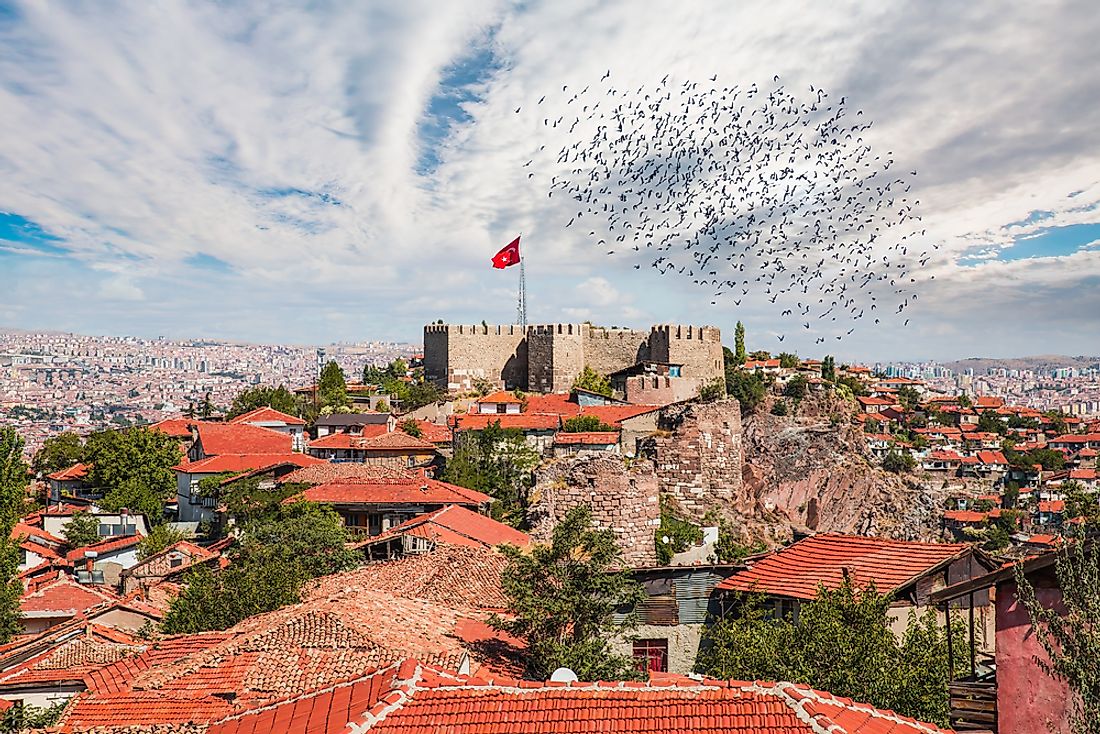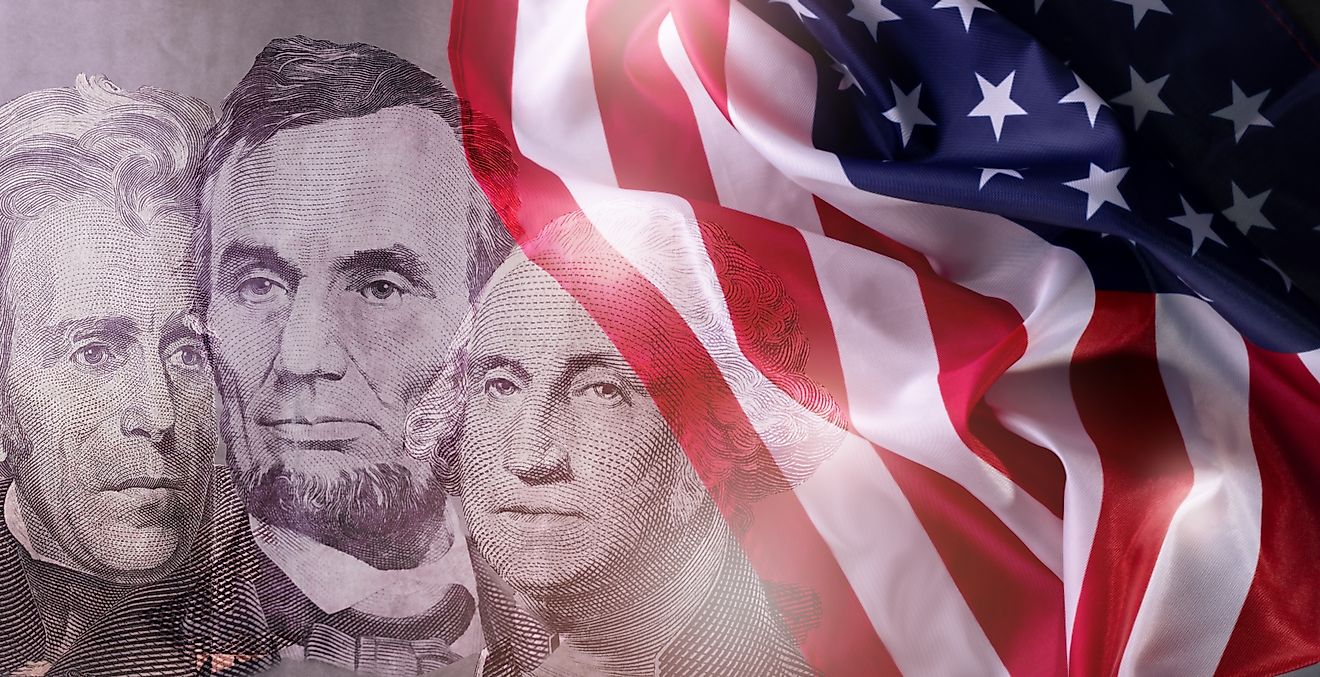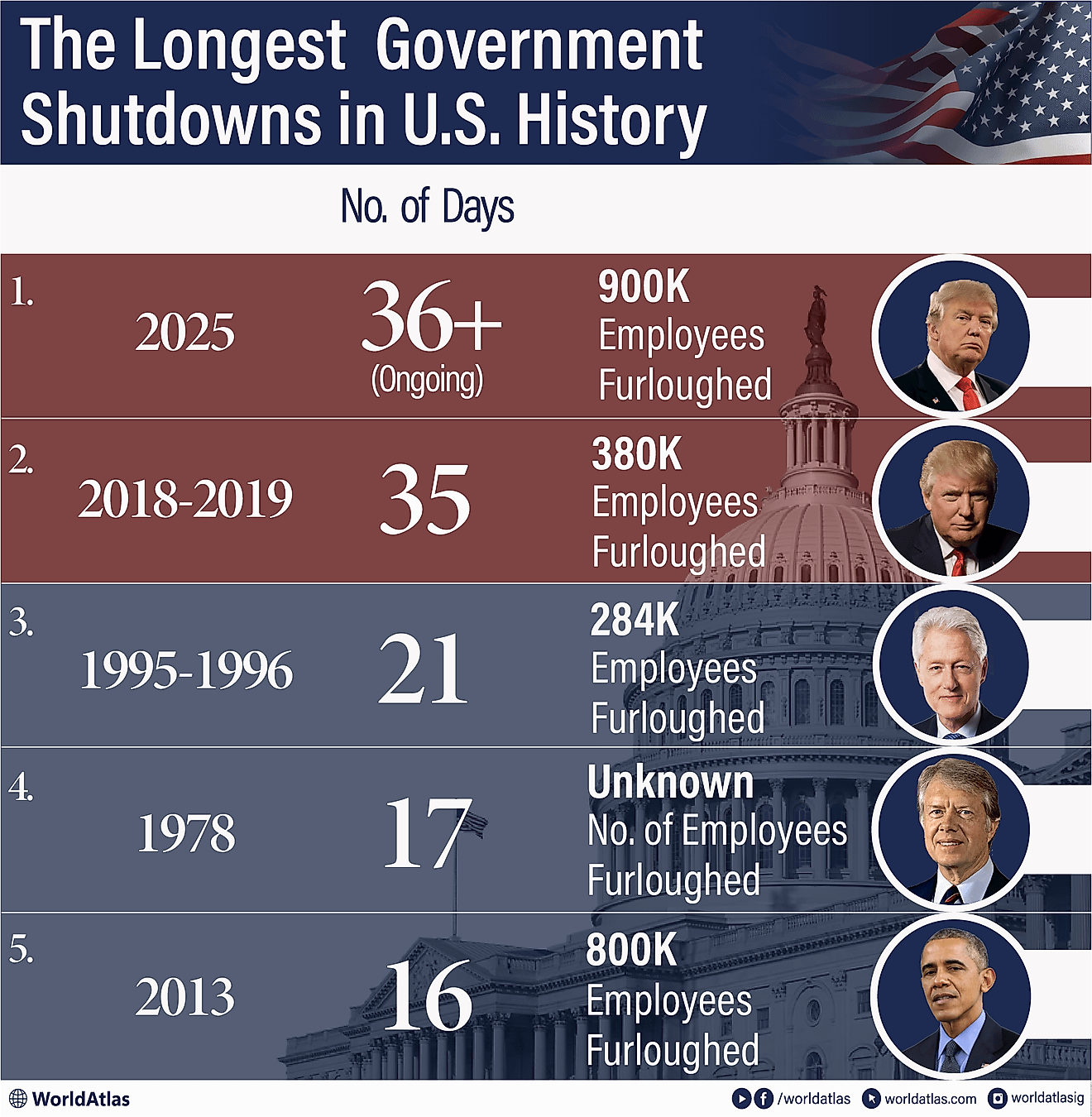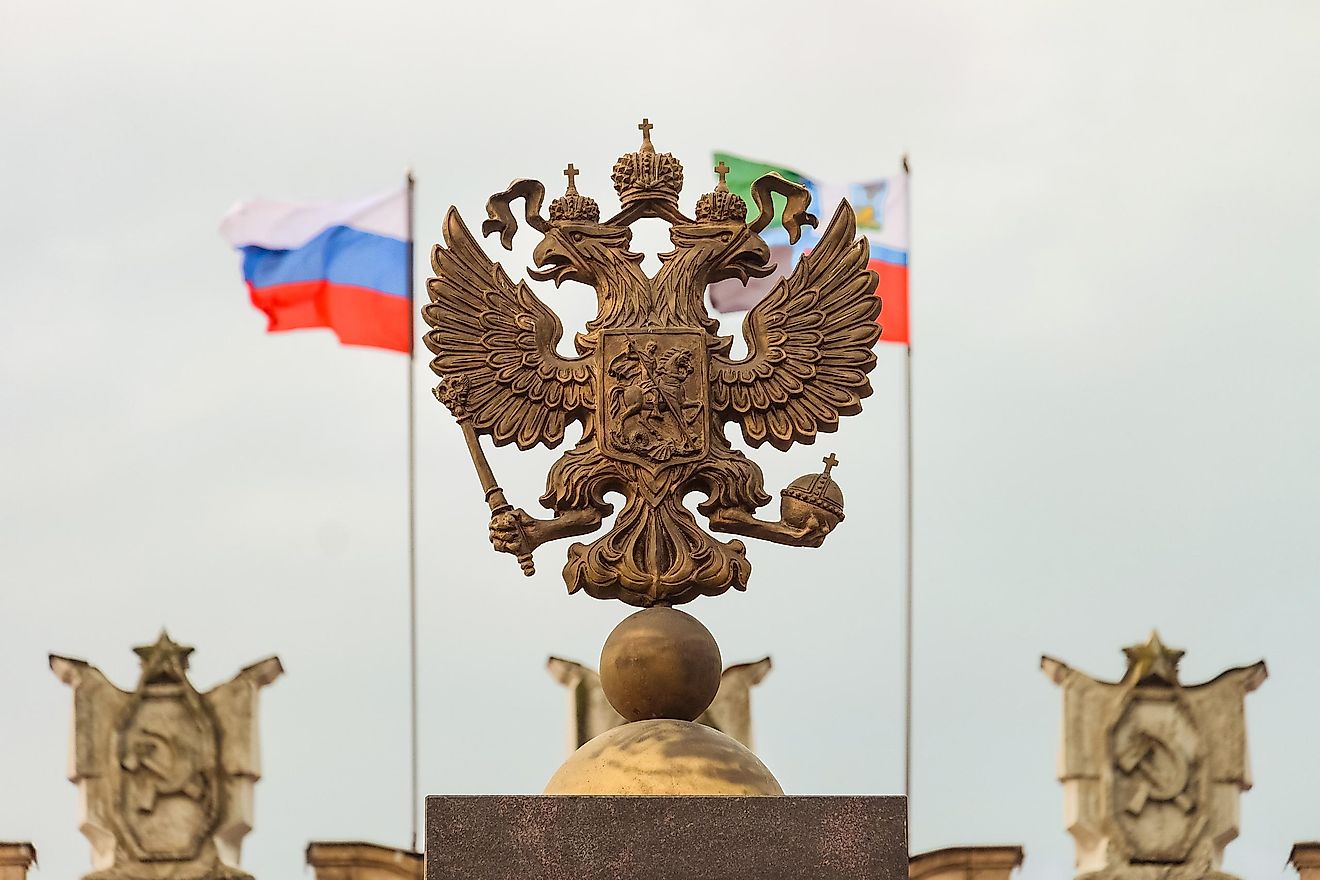What Is The Capital Of Turkey?

Turkey is a country that is located between two continents: Asia and Europe. Its unique location has made it either a bridge or a barrier between the two continents. With a population of over 73 million people, it occupies 783,562 kilometers squares. The capital of Turkey is Ankara. The largest city in Turkey is Istanbul. The functions of administration and governance take place in Ankara. The president sits in the city from where all activities of the country are conducted.
History of Ankara
Formerly known as Angora due to the many Angora cats, rabbits and goats, Ankara became the capital in 1923, replacing Istanbul after the Ottomans Empire came to an end. The city was identified as a potential capital in 1920 though it had been in existence since 20 BCE with the first structures made of Roman and Ottoman architecture still visible. Other ancient residences belonged to the Hattic people who lived there between 2000 and 1700 BCE. Tremendous growth was witnessed from 1000 BCE under the rule of the Phrygians. In 278 BCE, the city was ruled by the Celtic. In the 4th century, Christianity became widespread, though in the year 654 the Arabs invaded it and introduced Islam. During the First World War, the Ottomans were defeated, with European countries scrambling for the country. This prompted the Turkish Nationalist Movement to establish an opposition base in Ankara from where it fought the British colonialists. The Republic of Turkey eventually gained independence in October 1923 and Ankara became the official capital city replacing Istanbul.
Demographics of the Capital City of Turkey
At its initial years, Ankara was well planned to accommodate a population of 500,000 because by then the population was below 100,000 occupants. Nevertheless, rural-urban migration made the population shoot, making planning and expansion impossible. The current population of the city including the outskirts is over five million. Approximately 75% of the residents belong to the Turks ethnicity while Kurds are the minority. There are other minor populations such as Arabs, Albanians, Bosnians, and Circassias.
Economic Growth
The Turkish government has heavily invested in the city, with the military base and aerospace unit spurring economic growth. The government is the largest employer in Ankara. Industries such as motor vehicle manufacturing and firearms are the major export earners. Other factories include electronics, banking and commercial sector and food processing
Politics In Ankara
The city is located in Ankara province which is further divided into 25 districts. The welfare party has dominated the politics with Melih Gokcek as the current mayor. The central government sits in Ankara and all the legislation of the country is conducted there. There has been political stability in the city making development possible.
Infrastructural Development In Ankara
The city has a well developed infrastructural system with transport being efficiently provided by the Electricity Gas Bus General Directorate (EGO). Railway subway connects most of the districts. Esenboga International airport is the main airport in Ankara. Internet is provided by the government while reliable water and electricity are provided from the Ataturk Dam.
Tourist Attractions In Turkey's Capital City
Being an ancient town, there are many historical buildings and monuments in Ankara, including Ankara Castle. There are 50 museums which hold many artifacts. The many spacious parks, amusement centers, and botanical gardens in the city offer plenty of recreational opportunities to the residents and visitors of Ankara.











